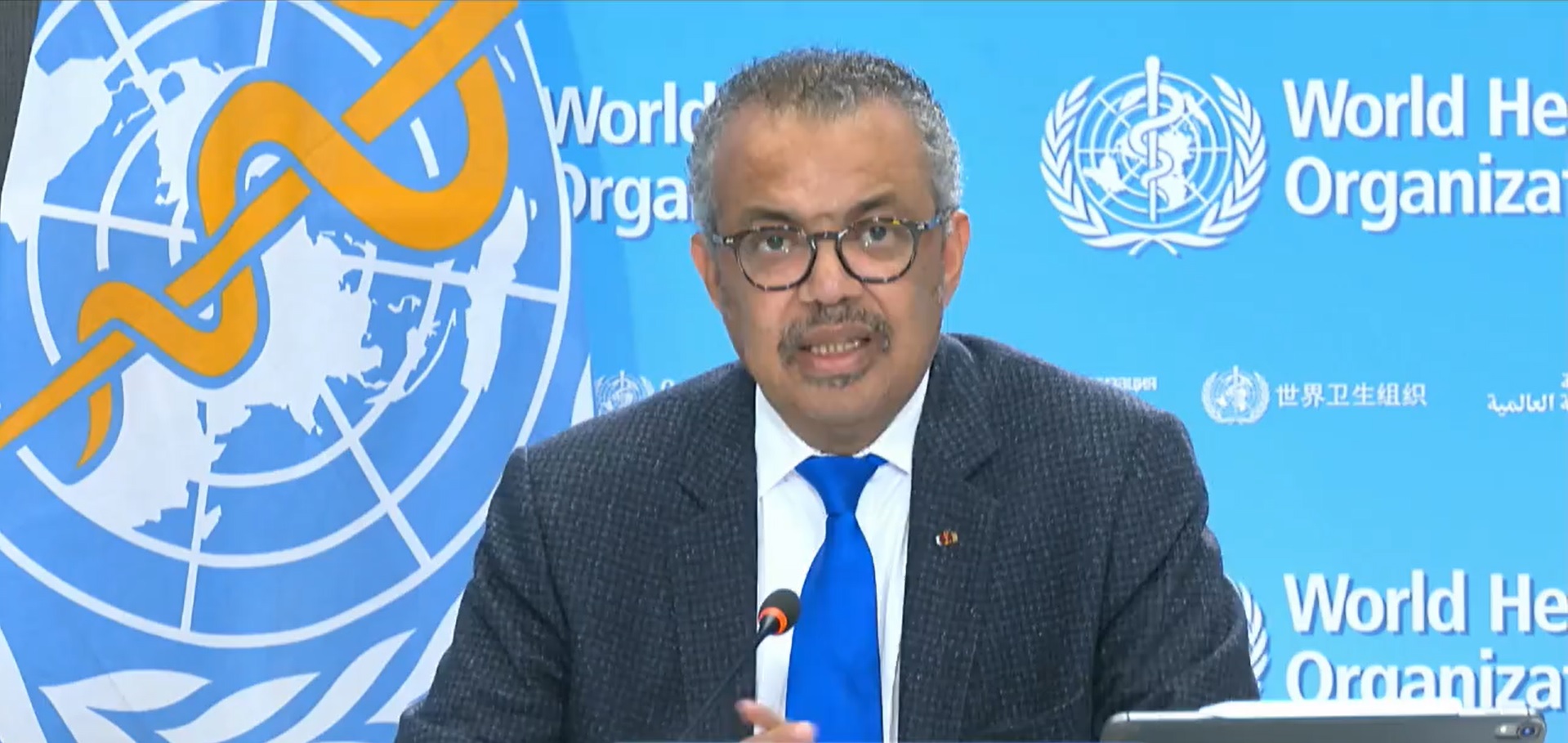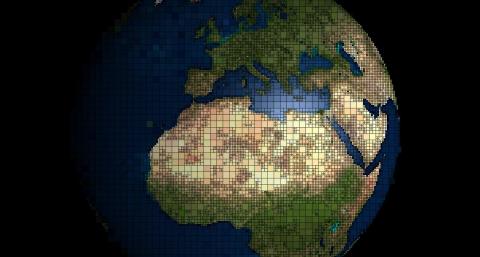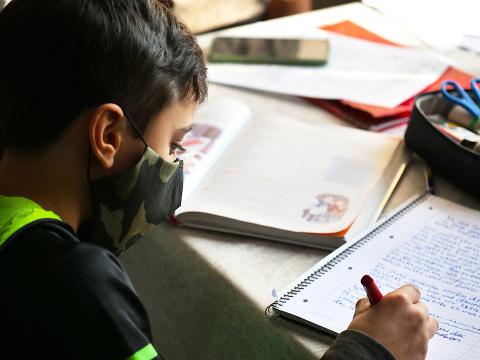Reactions: WHO declares end of international covid-19 emergency
The World Health Organisation (WHO) Emergency Committee met on 4 May to assess whether covid-19 could continue to be considered a health emergency of international concern (PHEIC). The organisation's director general, Tedros Adhanom, has followed its recommendation and ended the emergency declared on 30 January 2020. "It is with great hope that I declare that covid-19 has ended as a global health emergency. However, this does not mean that covid-19 is no longer a threat to global health. Last week, it claimed one life every three minutes, and that's just the deaths we know about," he told a press conference.

Clare Wenham - fin PHEIC
Clare Wenham
Associate Professor of Global Health Policy at the London School of Economics and Political Science
The idea of the PHEIC is to be a political tool to galvanise activity to mitigate the spread of the pathogen. However, what’s important is that we don’t actually have any robust evidence base as to what impact the PHEIC determination has or doesn’t have (we have been trying to get funding for this for years). The point being; that because we don’t know what impact as PHEIC does or doesn’t have, then it’s hard to say what impact something being redetermined a PHEIC or the emergency ending will have.
I think if you think about the criteria for the PHEIC
- Inusual or unexpected (well, it’s no longer that)
- Potential for cross border spread (yes, but does that matter if it’s in every country and endemic)
- Does it require a coordinated international response. This part is more tricky, as it’s arguably never had this, or not very well, with the rampant revert to nationalism. You could argue it still needs this, or the opposite, that governments managed on their own, with the caveats of how successful individual countries were in doing that, driven of course by structural factors.
During Ebola outbreaks, the end has been determined with the cessation of cases. At the end of Zika PHEIC it was determined over when it was thought that longer term planning and health system support was required. This week WHO have put out some longer term management plans, which speaks to how they are thinking about it. Obviously it’s not up to WHO to decide as a technical international organism, but the Emergency Committee gives technical advice to the Director-General who makes the decision to end or not.
Óscar - PHEIC
Óscar Zurriaga
Professor of Preventive Medicine and Public Health at the University of Valencia and outgoing president of the Spanish Society of Epidemiology (SEE).
The Emergency Committee of the World Health Organisation (WHO) meets once a quarter, so this is, in principle, a regular meeting. At its previous meeting, this committee discussed whether or not to maintain the declaration of a Public Health Emergency of International Importance (PHEIC). In other words, this is not a meeting, a priori, for this single issue, nor is it the first time it has been addressed.
The current situation of covid-19, both in Spain and in other countries, means that the lifting of the declaration of a PHEIC by the WHO Emergency Committee should not affect the actions and policies that are currently being carried out in the different countries.
However, this does not mean that neither the SARS-Cov2 virus nor the disease have been eliminated. It is therefore advisable to inform the public that the disease is still present and that, in certain circumstances (e.g. when there are symptoms or when in contact with particularly vulnerable people), precautionary measures must continue to be taken to prevent transmission, especially to vulnerable people.
The acute respiratory infection surveillance system (SIVIRA) currently in place in Spain will continue to monitor the situation of this virus and the disease it causes, as it does for other respiratory viruses.
In summary: it is not a problem to remove the declaration of PHEIC, but this should not contribute to the impression that the disease caused by this virus no longer exists.
"I am president of the Spanish Society of Epidemiology (SEE). My declaration of interests can be consulted at: https://seepidemiologia.es/declaracion-de-intereses-particular/?id_user=610".
Peiró - PHEIC
Salvador Peiró
Epidemiologist, researcher in the Health Services and Pharmacoepidemiology Research Area of the Foundation for the Promotion of Health and Biomedical Research of the Valencian Community (FISABIO) and Director of Gaceta Sanitaria, the scientific journal of the Spanish Society of Public Health and Health Administration (SESPAS)
Ending PHEIC by covid-19 is more than reasonable and, from a transmission point of view, could have been done long ago. PHEIC has other effects (e.g. on the distribution of WHO-approved vaccines based on the emergency declaration) that have probably also reasonably delayed this decision.
The end of PHEIC does not imply that covid-19 has been definitively overcome, but rather that we are in a different situation in which the approach mechanisms are different, similar to those used for other communicable respiratory diseases such as influenza or bronchiolitis. Although SARS-CoV-2 is not showing, at least so far, a seasonal behaviour, it is very likely that we will have several spikes per year ("wavelets" rather than "waves") as we move away in time from the variants that caused previous infections and booster doses.
Protection of the elderly and some patient groups at higher risk of developing severe covid-19 will continue to be important (as it is with influenza or respiratory syncytial virus).
Pedro Gullón - fin PHEIC EN
Pedro Gullón
Social epidemiologist and doctor specialising in preventive medicine and public health at the University of Alcalá
The decision on whether covid-19 continues to be considered an international public health emergency (PHEIC) is likely to have little impact on the day-to-day management of the pandemic in Spain. The characteristics for which the emergency was declared are no longer met and governments are acting according to their plans regardless of whether covid-19 continues to be considered a PHEIC by the WHO or not. The greatest tension may be generated in contracts for vaccines and medicines that had prices subject to this declaration, which is perhaps why the WHO has been delaying the decision.



